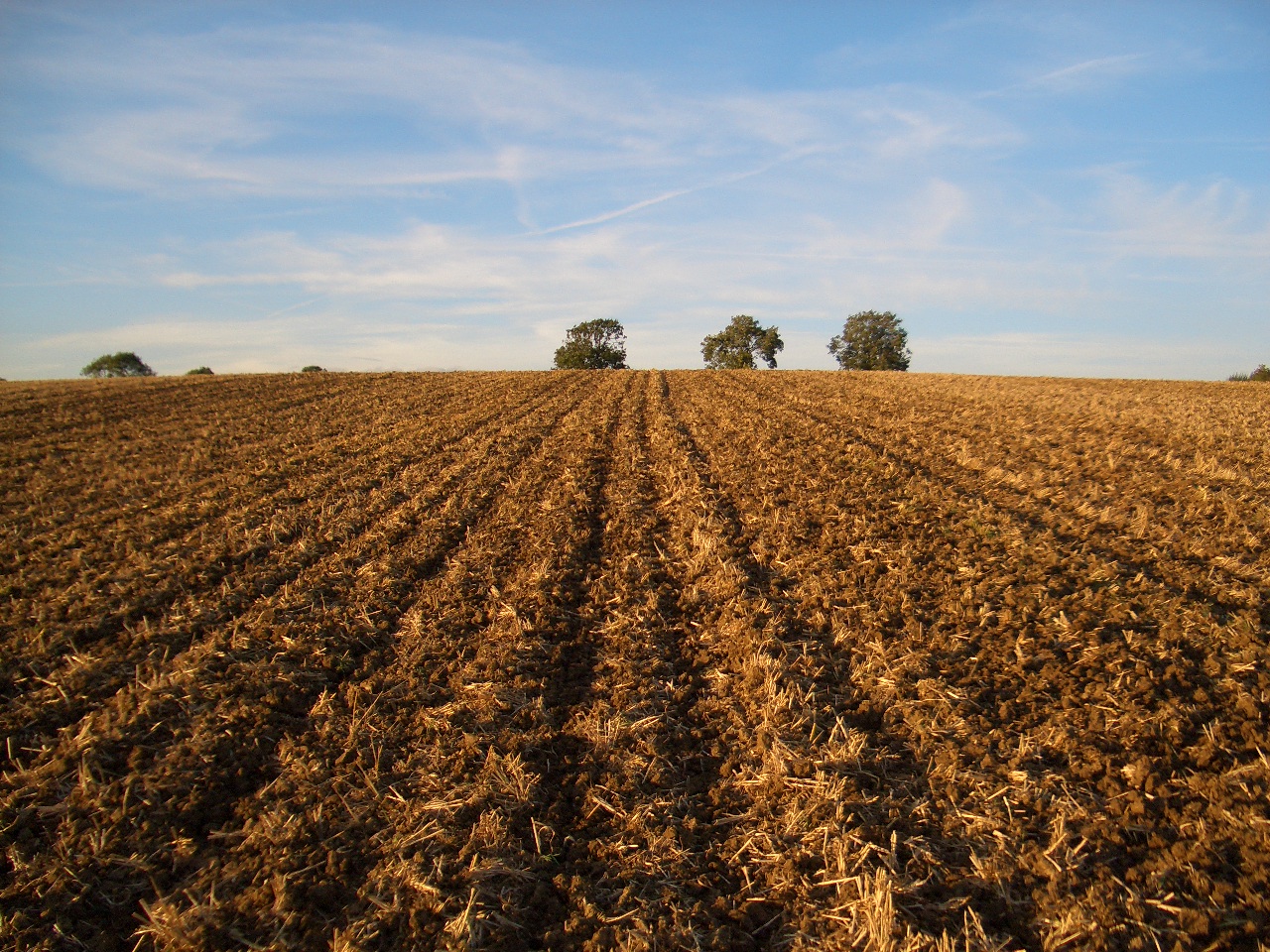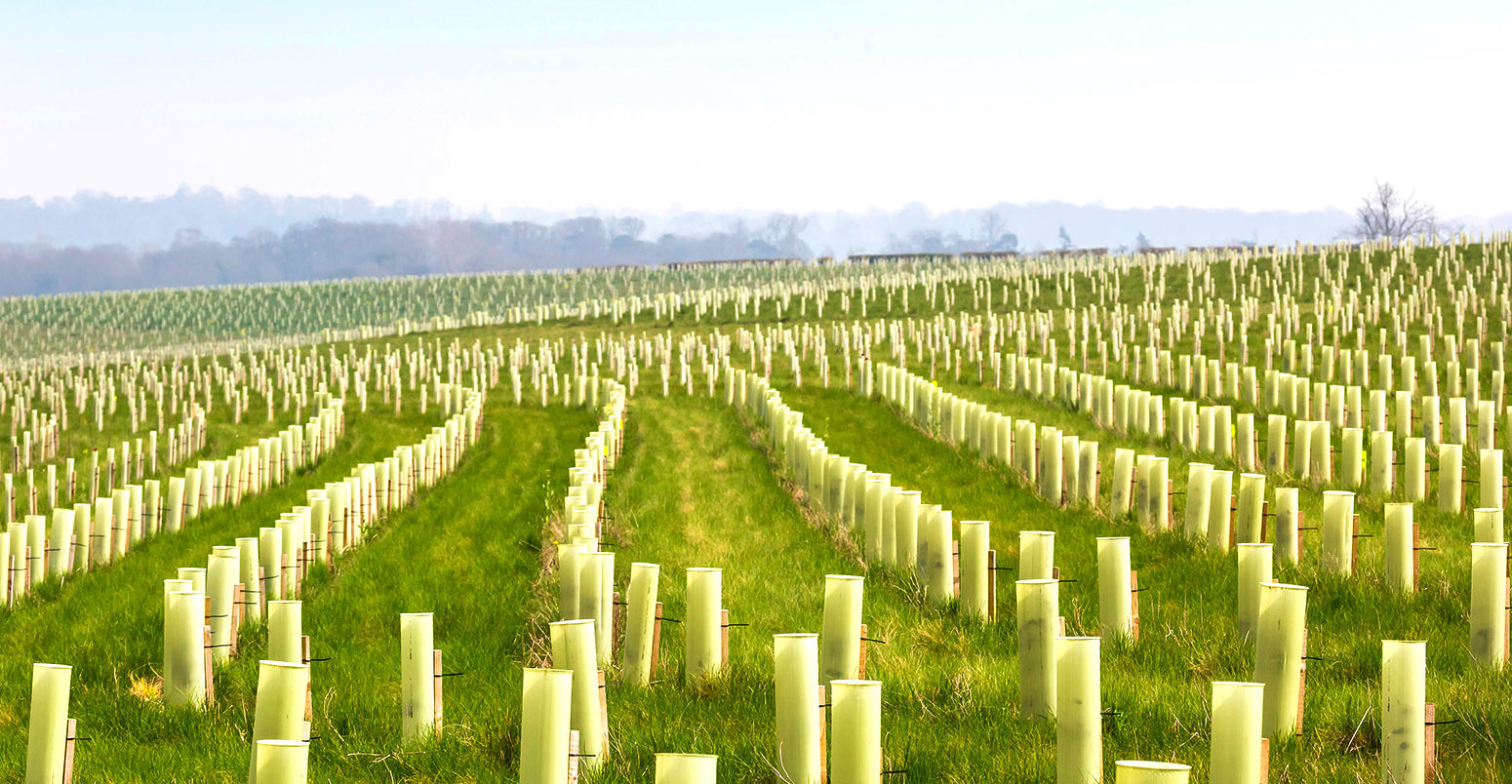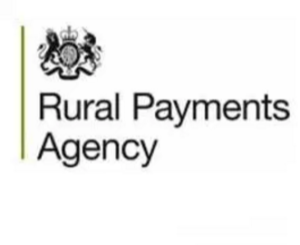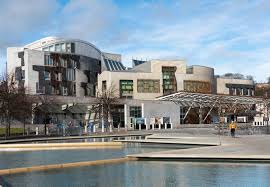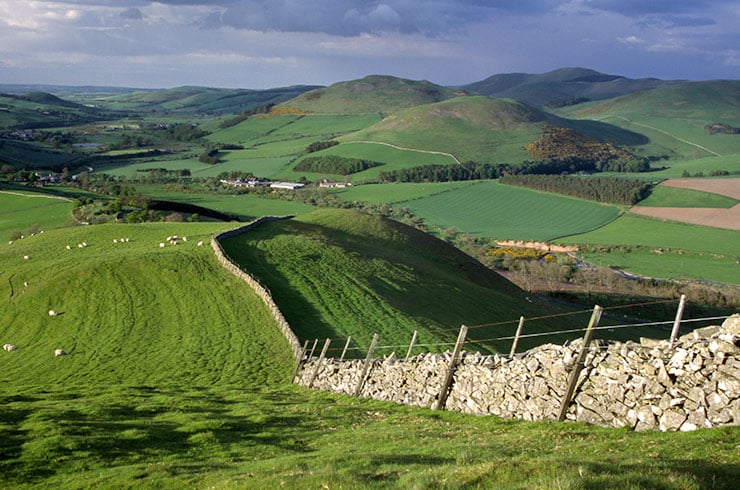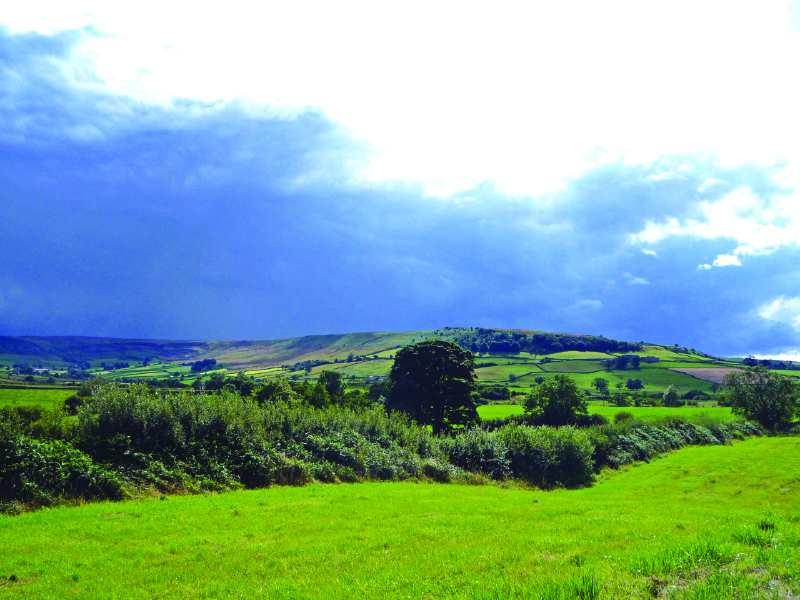The Scottish Government has launched a consultation on the contents of its proposed Agriculture Bill. This gives further clues as to what a post-CAP farm policy in Scotland will look like, but poses just as many questions as it answers.
Timing
The existing legislation that rolled-over the CAP rules has a ‘sunset’ clause in it which means that the powers under it cease at May 2026. Therefore, the Scottish Government has to put into the new Agriculture Bill everything it wants the power to do in the future. The Bill is intended to go before Parliament sometime next year. The consultation runs until November 21st and can be found online at – https://www.gov.scot/publications/delivering-vision-scottish-agriculture-proposals-new-agriculture-bill/ ).
The consultation refers to ‘a future agriculture support regime to be implemented at an appropriate point and flexibly from 2025 onwards’. It appears not to have been decided when to start the new regime – previously 2026 for the new arrangements have been suggested but it could be 2025 or later. It seems likely that there will be some sort of phasing between the current system and the new one (like the Agricultural Transition) but the consultation is silent on this point.
Payment Framework
The consultation suggests that there should be a four-tier framework for payments;
Tier 1: a ‘Base Level Direct Payment’. This is an income-support measure aimed at those producing food and managing land. It will be ‘conditional’ on farmers meeting various criteria;
- ‘Active Farmer’ test – there is no indication of whether the rules will be amended from the present ones – this would be possible now EU legislation no longer applies. However, defining active farming is a minefield and it remains to be seen what the Scottish Government does.
- a Whole-Farm Plan. This new element aims to ensure those receiving public support are meeting minimum standards in sustainability and resilience. It is suggested that the WFP would cover a Business Plan; a Land Management Plan; a Carbon, Soil & Biodiversity Audit; a Climate, Environmental & Nature Declaration; a Animal Health & Welfare Declaration; an Equality Duty Declaration and a Fair Work Declaration. All this sounds like a large amount of bureaucracy – especially for smaller businesses.
- Cross-compliance regulations – no mention of whether these will be reformed
- Greening – again, no mention of whether the current rules will roll-over unchanged
Tier 2: an ‘Enhanced Level Direct Payment’. This would provide a top-up to the Base Level. The precise measures are not outlined, but payments would be for;
- efficiency improvements
- reducing greenhouse gas emissions
- improving biodiversity and nature enhancement
Tier 3: are ‘Elective Payments’. These are targeted payments covering a range of topics. Examples given include;
- targeted support for specific species and habitats
- alternative forms of farming including organic
- innovation in agriculture
- supply chain support
Such support would not be limited to individual businesses but would also cover groups and cooperatives.
Tier 4: is ‘Complimentary Support’. This will cover areas such as;
- continuous professional development (CPD) for farmers
- advisory services
- support for tree planting, woodland management and the timber supply chain
- peatland restoration and management
- the agricultural transformation fund
- support for areas of natural constraint (previously LFAs)
- coupled support for the beef and sheep sectors.
This appears a wide-ranging ‘catch-all’ category. There is no specific mention of LFASS payments in the consultation. They could be continued in some form under this Tier as ‘support for areas of natural constraint’. However, it is perhaps more likely they will be phased-out and combined into the Tier 1 / 2 payments.
Other Measures
As outlined above, the proposed Agriculture Bill is an omnibus piece of legislation covering many areas. It will also include provisions on;
Administration: there will be powers to continue to operate an IACS-like administrative system including on-farm checks.
Food: the Bill will give the Government power to regulate food markets. This includes the power to intervene in markets should there be exceptional circumstances. The continuation of funding for Producer Organisations in the fresh produce sector appears to fall under this heading. There will also be the opportunity to fund the wider agri-food sector (i.e. processing and marketing grants).
Rural Development: clauses will be included to allow rural development prrgrammes to continue. A successor to the LEADER scheme is specifically mentioned.
Animals and Plants: the Bill will allow standards on animal health, welfare and biosecurity to be set as well as payments made to encourage higher standards. Data will also be gathered and shared. The Government will also have powers to support the conservation of plant genetic resources.
Skills: programmes to support knowledge transfer, innovation and skills development within the agricultural, crofting and land management sectors. Encouraging new and young entrants is included under this heading.
Agricultural Tenancies: the legislation will be used to update agricultural tenancies legislation legislation;
- a power to define what is acceptable diversification under agricultural tenancies
- modernising the ‘Waygo’ provisions at the end of tenancies
- amending the rules of good husbandry and good estate management to allow a wider range of activities to be undertaken on land
- a new rent review calculation for secure tenancies
- amending the compensation provisions if a Landlord takes back land for development
Agricultural Wages: agricultural workers in Scotland would be paid at the ‘Real Living Wage’ as a minimum.
Funding and Payments
The ambition of any support scheme is limited by the funds available. The budget for farm support is being maintained until 2024 as a result of a commitment by the UK Government (although, as it is only fixed in current prices, the value is dropping considerably at present due to high rates of inflation). The farm support budget after 2024 is unknown. Defra will apply to the Treasury under the next Spending Review. The amount granted will then fix the allocation for Scotland under the Barnett Formula. As we understand it, the Scottish Government could then decide to ‘raid’ or ‘top-up’ these funds as it wishes – i.e. they are not ring-fenced for agriculture. However, for political reasons, any large adjustment is probably unlikely.
There is nothing in the consultation on any split of funding between the Tiers. There may never be firm splits provided – Defra has been quite vague for example about the split of funding under ELM. If we were to guess then perhaps it might look something like – 1/3 for Tier 1; 1/3 for Tier 2 and the final 1/3 split between Tiers 3 and 4 (assuming some sort of LFASS replacement isn’t run under Tier 4). In any event, it is quite clear that the ‘Base Payment’ will be much lower than the current BPS.
Other Issues and Final Thoughts
The paper is silent on both regions and entitlements. The Tier 1 payments (and possibly Tier 2) could be differentiated by regions (e.g. Regions 1, 2 and 3). How this all interacts with existing entitlements is also not clear. The only mention of entitlements is on page 35 where it refers to establishing a National Reserve. This suggests entitlements could remain under the new system – but, equally, it could just be a poor bit of drafting!
On capping, the consultation states that ‘The Bill will allow the flexibility to weight payments…through front loading, tapering and capping of payments’. It therefore looks like the power to impose reductions will remain – whether, and how, they are used is another matter. Perhaps these powers could also be used to weight payments by regions?
The consultation reiterates that the goal is to have ‘conditionality’ apply to 50% of support payments. It is not clear how this works in practice. Tier 1 payments appear to have conditionality built-in through things such as the WFP and cross-compliance. But would it be possible to not do some of these things and still get some (50%) payment?
Many questions are raised by the consultation. The Scottish Government’s response is likely to be that this consultation (and legislation) is just setting the framework for support and the details will be filled-in in the years to 2025.
Overall, these proposals fundamentally change the economics of farm support. As soon as you have to ‘do something’ to get your payment, the margin drops substantially from the 95%+ seen under the BPS. Andersons have done some analysis of the SFI in England. Obviously, every farm is different, but, crudely, around 50% of the payments can be swallowed up in the cost of getting the payment. With the ‘profit’ from support much lower, there will have to be an increased focus on profitability from the farming operation.
